Just In
- 1 hr ago

- 1 hr ago

- 5 hrs ago

- 11 hrs ago

Don't Miss
- Movies
 Chief Detective 1958 Episode 2 OTT Release Date, Time, Platform: When & Where To Watch? What To Expect? DEETS
Chief Detective 1958 Episode 2 OTT Release Date, Time, Platform: When & Where To Watch? What To Expect? DEETS - Sports
 IPL 2024: LSG vs CSK Award Winners, Man of The Match, Post-Match Presentation, Scorecard & Records
IPL 2024: LSG vs CSK Award Winners, Man of The Match, Post-Match Presentation, Scorecard & Records - News
 Chinese President Xi Jinping Orders Biggest Military Reorganisation Since 2015
Chinese President Xi Jinping Orders Biggest Military Reorganisation Since 2015 - Education
 Exam Pressure Does Not Exist; Studying Punctually is Crucial; Says Aditi, the PSEB 2024 Topper
Exam Pressure Does Not Exist; Studying Punctually is Crucial; Says Aditi, the PSEB 2024 Topper - Finance
 Reliance, ONGC, Tata, Adanis: Energy Stocks Didn't Get The Memo Of Bears, Up 12% In 30-Days; 10 Stocks To BUY
Reliance, ONGC, Tata, Adanis: Energy Stocks Didn't Get The Memo Of Bears, Up 12% In 30-Days; 10 Stocks To BUY - Automobiles
 Suzuki Swift Hatchback Scores 4 Star Safety Rating At JNCAP – ADAS, New Engine & More
Suzuki Swift Hatchback Scores 4 Star Safety Rating At JNCAP – ADAS, New Engine & More - Technology
 Dell Introduces AI-Powered Laptops and Mobile Workstations for Enterprises in India
Dell Introduces AI-Powered Laptops and Mobile Workstations for Enterprises in India - Travel
 Journey From Delhi To Ooty: Top Transport Options And Attractions
Journey From Delhi To Ooty: Top Transport Options And Attractions
20 Good Foods For Pregnant Ladies
Food is one factor that determines a person. The type of food that a person eats routinely shapes up the body and its well-being subsequently. These foods may or may not be to the person's liking and there might not be any regulation in having them.
For a normal life lead, this type of food intake is absolutely fine as long as there aren't any health issues. Sometimes, there comes a juncture in life when food must be given utmost importance to and one such phase is pregnancy. Some rules must be followed of what to eat and what not to eat for a healthy baby to be born.
The nutrition that the baby gets during the time of pregnancy is very important, as the effect of it lasts for a lifetime in the baby. Mothers must take great care in eating well and relax their minds.
This article lists out 20 foods across fruits, vegetables, pulses, dairy products, and meat that can prevent a number of problems for both the mother and baby. Do take a look.
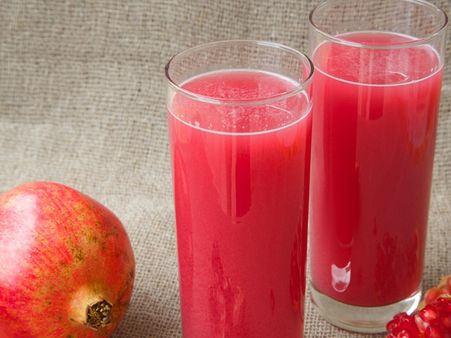
Pomegranate
A recent study says that pomegranate juice prevents pregnancy complications like growth restriction and pre-term birth. The juice is rich in folate, potassium, vitamin K, vitamin C, iron, and fibre. It has the capability to drastically increase the haemoglobin level when consumed regularly for a month.

Nuts
Almonds, cashews, walnuts, peanuts, pistachios, and all other nuts are packed with fats, protein, fibre, vitamins and minerals. Magnesium, which is important to prevent premature labour, is found in almonds in abundance. The nuts can be had as a snack at any time of the day.
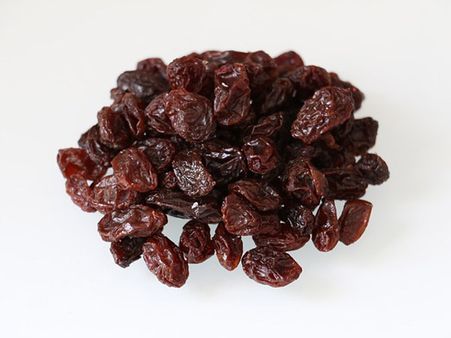
Black Raisins
Black raisins serve the purpose of increasing the haemoglobin level to a considerable count. Soak a handful of it overnight and have them in the morning on an empty stomach. The water must be consumed too. Black raisins resolve problems of digestion too.
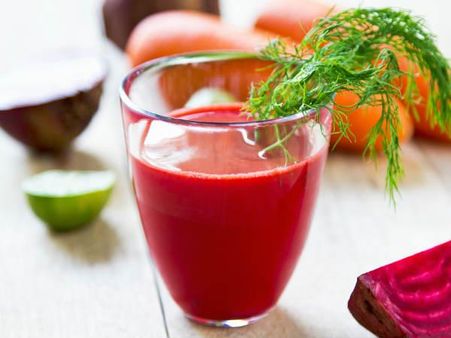
Beetroot
Beetroot has so many benefits when it comes to pregnancy. It purifies the blood and boosts the iron level, which prevents anaemia in the pregnant woman. It regulates metabolism by improving digestion. The additional benefit is that it prevents joint pain and swelling.
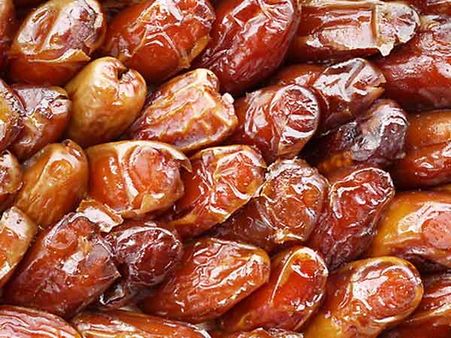
Dates
One of the best sources of iron and folate is dried dates. It also keeps constipation away by providing the necessary fibre. It is said that having six dates a day starting from the 36th week will make the labour shorter and easier, as they help in the contraction of the uterus.
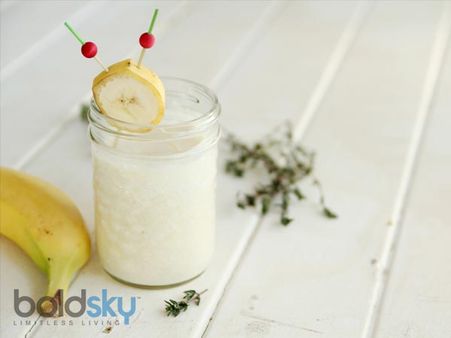
Banana
A banana a day can save you from constipation during pregnancy. There is no better fruit that helps digest food easily. It is also high in potassium, which aids in dealing with intestinal cramping during pregnancy. The symptoms of morning sickness can be improved by having banana regularly in the first trimester.
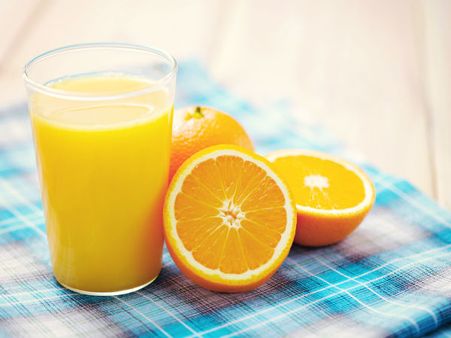
Oranges
Orange is one of the richest sources of vitamin C among fruits. Moreover, it contains 90% of water, which fulfills the requirement of being hydrated too. It might help some women to deal better with nausea and vomiting. Oranges also contain fibre and folate.
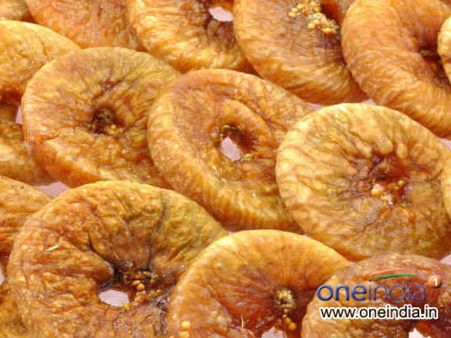
Figs
Figs are packed with iron which is very much needed for the placental growth during the second and third trimesters. This healthy snack helps the development of your baby's gums and teeth. They also contain zinc needed for the DNA formulation and tissue growth.
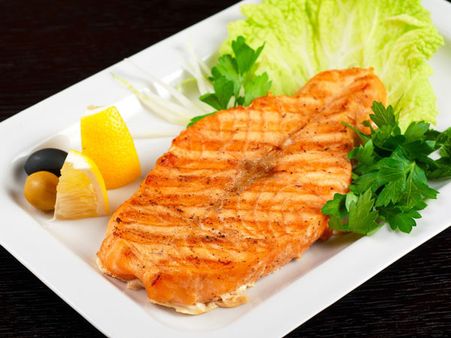
Salmon
The best source of seafood that contains omega-3 fatty acids is salmon. Two to three meals of salmon a week is more than enough to get the required amount of nutrients for the baby. It helps in developing the eyes and brain of the fetus. Salmon is also rich in vitamin D.
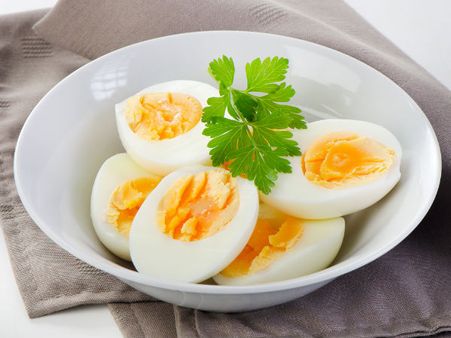
Egg
Choline present in eggs promotes brain health for the baby in the womb. It also has proteins with amino acids and some healthy fats that support the growth of the baby. However, one must take care to cook the egg well before eating it to prevent Salmonella poisoning.
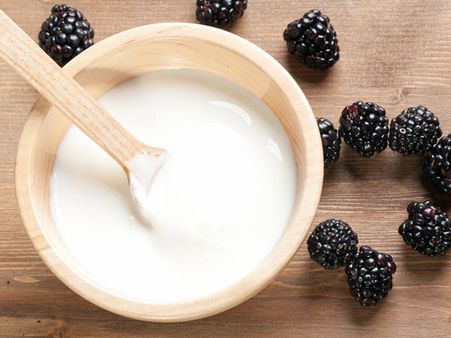
Yogurt
One cup of plain yogurt is as good as a cup of milk, in fact, better than it. There is more calcium in yogurt than in milk. In addition, yogurt is also packed with proteins and folic acid. It can be had with any fruit too. Four servings (1200 mg) of yogurt is suggested in a day.
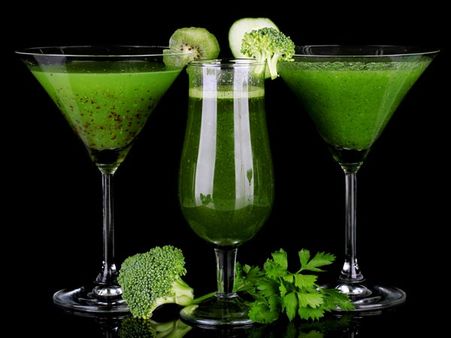
Broccoli And Green Leafy Vegetables
Doctors recommend eating broccoli and green leafy vegetables even before getting conceived. This is because, birth defects, if any, happen during the first month of pregnancy and these foods prevent the defects to the spine and brain. The nutrient present in asparagus, spinach, broccoli, and the like that deals with birth defects is folic acid.
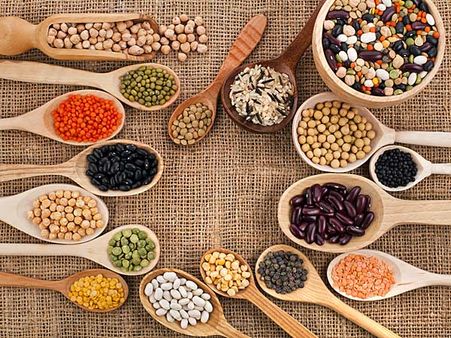
Lentils
Folic acid is needed for the development of the brain and the nervous system of the baby. This is found in ample amounts in lentils and they are intestine-friendly too. Lentils are to be had in excess than usual during the first trimester to prevent neural-tube defects. Lentils also provide iron, protein and vitamin B6.
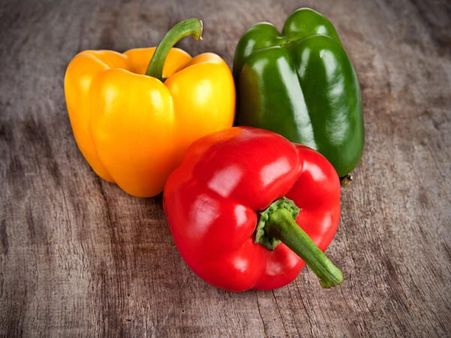
Bell Peppers
One whole red bell pepper has three times the vitamin C found in an orange. They also provide beta-carotene and vitamin B6. Start consuming more of this by adding them to your salads, pasta, and stir-fried veggies. It promotes the development of the fetus.

Avocado
Folic acid is very essential for the baby's development in the womb and the savoury fruit, avocado, is rich in it. It also is high in iron content and can help deal with morning sickness. Simply snack on it or add it to your toast. Due to its fibre content, it also helps with digestion.

Lean Meat
Red lean meat is a good source of high-quality protein. It helps in the development of the baby during the second and third trimesters. Moreover, it also provides iron, which carries oxygen to the baby's brain. Lean meat like pork and beef can be had in moderate quantities twice a week.
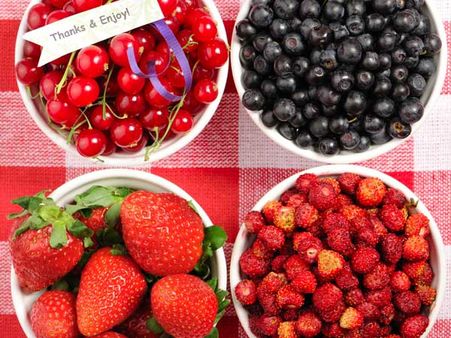
Berries
Berries are loaded with vitamins and minerals meant for mothers and babies. Ellagic acid in berries has anti-cancerous properties. Some berries also contain vitamin C that helps boost the immune system of the carrying mother.
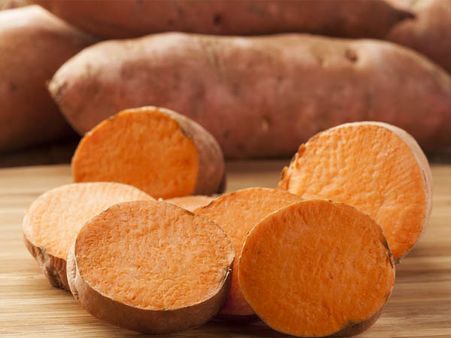
Sweet Potato
The intake of vitamin A by a pregnant woman should be increased by 10% to 40%. Sweet potato contains beta-carotene, which gets converted to vitamin A in the body. It also contains fibre that improves digestion and reduces blood sugar surges.
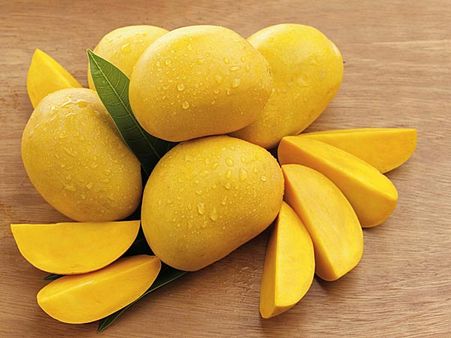
Mangoes
Leg cramps are a common sight during pregnancy, as the weight of the body keeps increasing. To avoid this, the king of fruits, mangoes, are a good option to have. The magnesium in mangoes deals with cramps.

Water
Dehydration can up the risk of early labour. So, water is very important for a pregnant woman. Water is also the channel through which the nutrients are delivered to the baby. It is recommended that carrying woman must consume literally twice the amount of water than a normal person.
-
 healthWhy Are Dopamine Boosting Foods Good For Your Overall Health? Check This List To Add It Naturally To Your Diet
healthWhy Are Dopamine Boosting Foods Good For Your Overall Health? Check This List To Add It Naturally To Your Diet -
 healthKeep Your Cooking Method Under Check Because These 9 Foods Lose Their Nutrition When Overcooked
healthKeep Your Cooking Method Under Check Because These 9 Foods Lose Their Nutrition When Overcooked -
 healthIf You Are Consuming These Foods, You Are Unknowingly Following An Anti Pollution Diet
healthIf You Are Consuming These Foods, You Are Unknowingly Following An Anti Pollution Diet -
 healthIndigenous Delicacies: 5 Rare Indian Wild Foods That Are So Healthy You Should Try It!
healthIndigenous Delicacies: 5 Rare Indian Wild Foods That Are So Healthy You Should Try It! -
 wellness5 Asthma-Friendly Foods: Breathe Easy With These Foods For Better Lung Health
wellness5 Asthma-Friendly Foods: Breathe Easy With These Foods For Better Lung Health -
 healthHeart-Healthy Tips For Garba: Foods To Avoid And Tips For Safe Celebrations
healthHeart-Healthy Tips For Garba: Foods To Avoid And Tips For Safe Celebrations -
 insyncMan Creates World’s Hottest Chilli Pepper, Pepper X: How Does It Feel To Eat It?
insyncMan Creates World’s Hottest Chilli Pepper, Pepper X: How Does It Feel To Eat It? -
 healthCan Eating These Foods Trigger Tumour Growth?
healthCan Eating These Foods Trigger Tumour Growth? -
 healthChew These 4 Foods For A Defined Jawline
healthChew These 4 Foods For A Defined Jawline -
 wellnessWorld Anaesthesia Day 2023: Foods With Anaesthesia-Like Properties
wellnessWorld Anaesthesia Day 2023: Foods With Anaesthesia-Like Properties -
 healthWorld Cancer Day 2024: Exploring Anti-Cancer Properties Of Indian Herbs And Spices Which Are Natural Healers
healthWorld Cancer Day 2024: Exploring Anti-Cancer Properties Of Indian Herbs And Spices Which Are Natural Healers -
 wellnessFoods You Can Eat When You Have Diarrhoea (Loose Motion)
wellnessFoods You Can Eat When You Have Diarrhoea (Loose Motion)


 Click it and Unblock the Notifications
Click it and Unblock the Notifications



